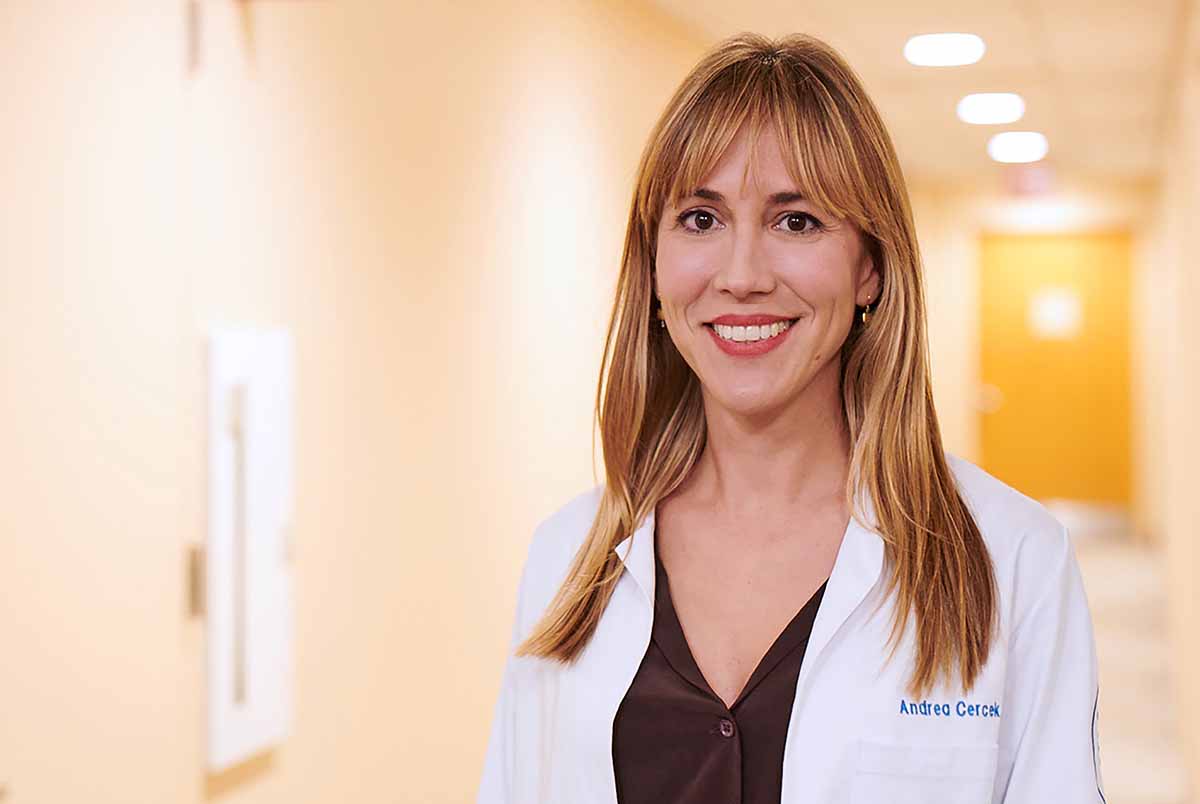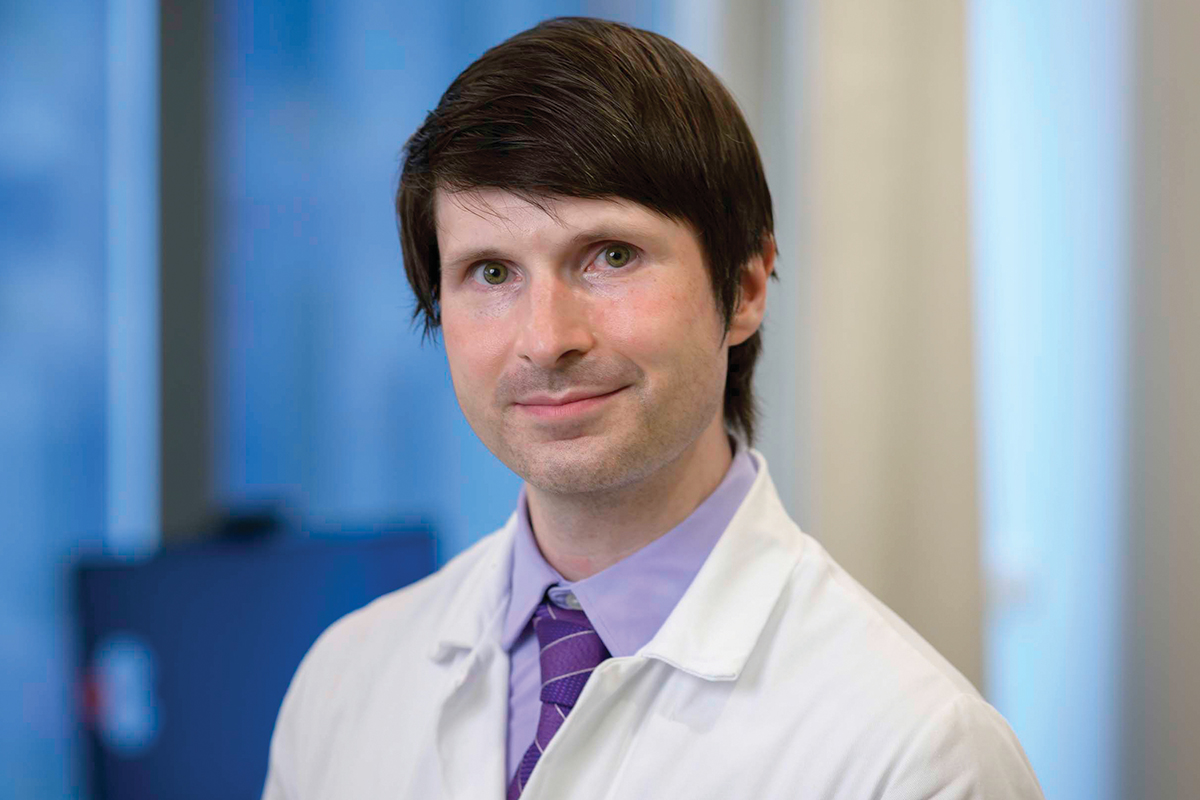Early-onset colorectal cancer (CRC) is likely clinically and genomically indistinguishable from average-onset cancer, according to a recent study published in the Journal of the National Cancer Institute by MSK investigators.The findings suggest that aggressive treatment for adolescent and young adult (AYA) patients based solely on their age at diagnosis is not warranted. (1)
Treating AYA Patients with an Adult Regimen

The increasing incidence of early-onset CRC in patients in their 20s and 30s has been a worrisome trend. (1) These patients have typically been treated with more aggressive chemotherapy regimens based on reports indicating early-onset CRC is more invasive than average-onset CRC.(2),(3),(4),(5),(6),(7),(8) However, this approach has not been associated with gains in survival.(9),(10)
In the largest and most comprehensive study of CRC across age groups to date, MSK researchers compared clinical, histopathologic, and genomic characteristics for 759 early-onset patients under the age of 50, including 151 under the age of 35, with 687 average-onset patients over the age of 50. They found no statistically significant difference in histopathologic tumor characteristics among patients with microsatellite stable (MSS) tumors. The investigators also identified some notable clinical differences between groups, with patients with early-onset CRC more likely to present with rectal bleeding and abdominal pain, and more than 80 percent of them had left-sided tumors. (1)
Learn more about MSK-IMPACTTM.
This evidence affirms that the best treatment approach for AYA patients should be determined by disease biology rather than age at diagnosis. Some patients may benefit from less challenging regimens developed for adults, such as those with MSS early-onset CRC. However, the opposite can also be true, with improved outcomes observed in a recent study testing a less toxic pediatric regimen for leukemia in AYA and adult patients.
Treating AYA and Adult Patients with A Modified Pediatric Regimen
Treating AYA patients with a pediatric protocol matched to their type of acute lymphoblastic leukemia (ALL) has been MSK’s preferred approach for patients up to the age of 40 since several series published from 2003 to 2008 found pediatric-inspired regimens resulted in improved survival rates. (11)
MSK researchers recently tested a more tolerable pediatric protocol for ALL and lymphoblastic lymphoma in adults up to 60 and found that the revised protocol did not result in inferior outcomes compared to prior experience. (12)

In the phase II clinical trial, 39 adult patients up to the age of 60 with newly diagnosed ALL and lymphoblastic lymphoma were treated with a modified regimen inspired by the Children’s Cancer Group 1882 protocol. Protocol changes included omitting two intense, myelosuppressive courses of cytarabine/teniposide using a high dose of methotrexate rather than escalating doses, and careful monitoring and timed dosing of pegaspargase to avoid overlapping toxicity with other agents. A total of 97 percent of patients achieved a complete response with incomplete hematologic recovery post-induction. Rates of minimal residual disease were 33 percent (phase 1) and 83 percent (phase 2) after induction. Event-free and overall survival at three years were 68 percent and 76 percent, respectively, comparing favorably to other series. (12)
MSK treats cancer patients of all ages, including children, AYAs, and older adults. The Lisa and Scott Stuart Center for Adolescent and Young Adult Cancers was established at MSK to ensure young patients with cancer have access to treatment options that optimally address the biology of their disease. Physicians and researchers at the Stuart Center collaborate across MSK to extend learning, as appropriate, to improve outcomes and reduce the toxic effects of treatment in other age groups.